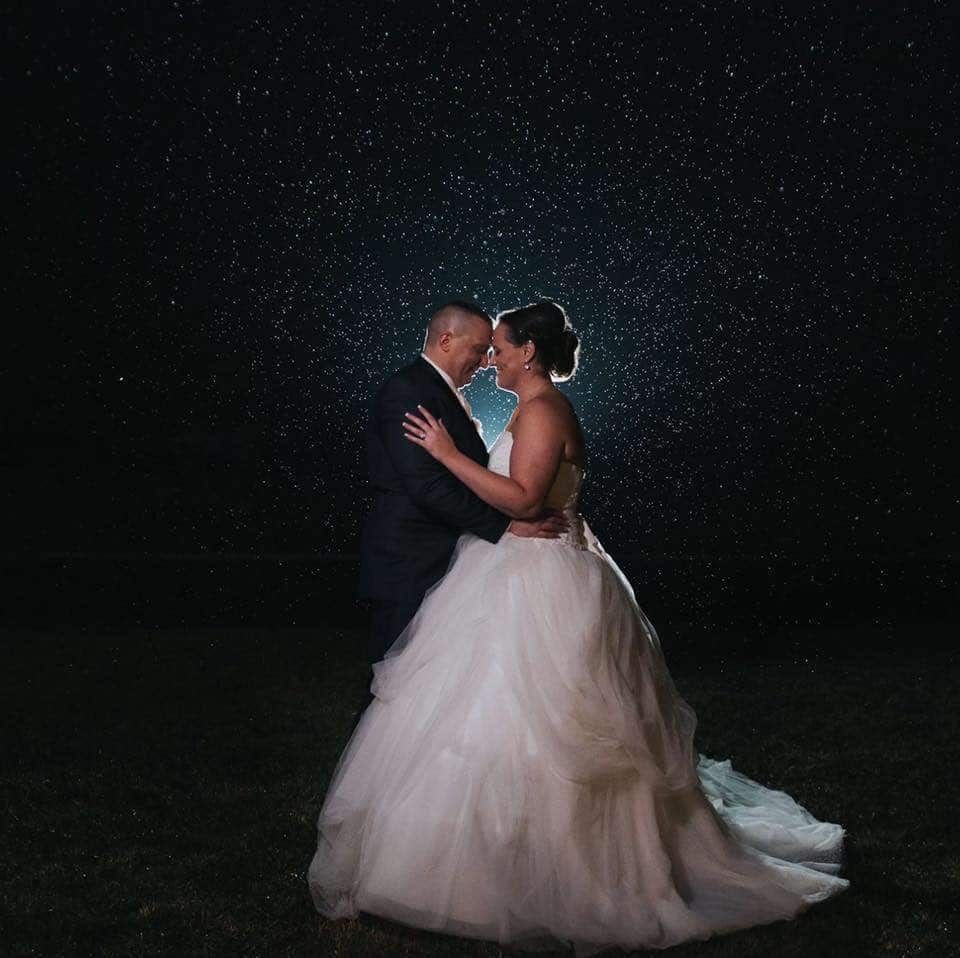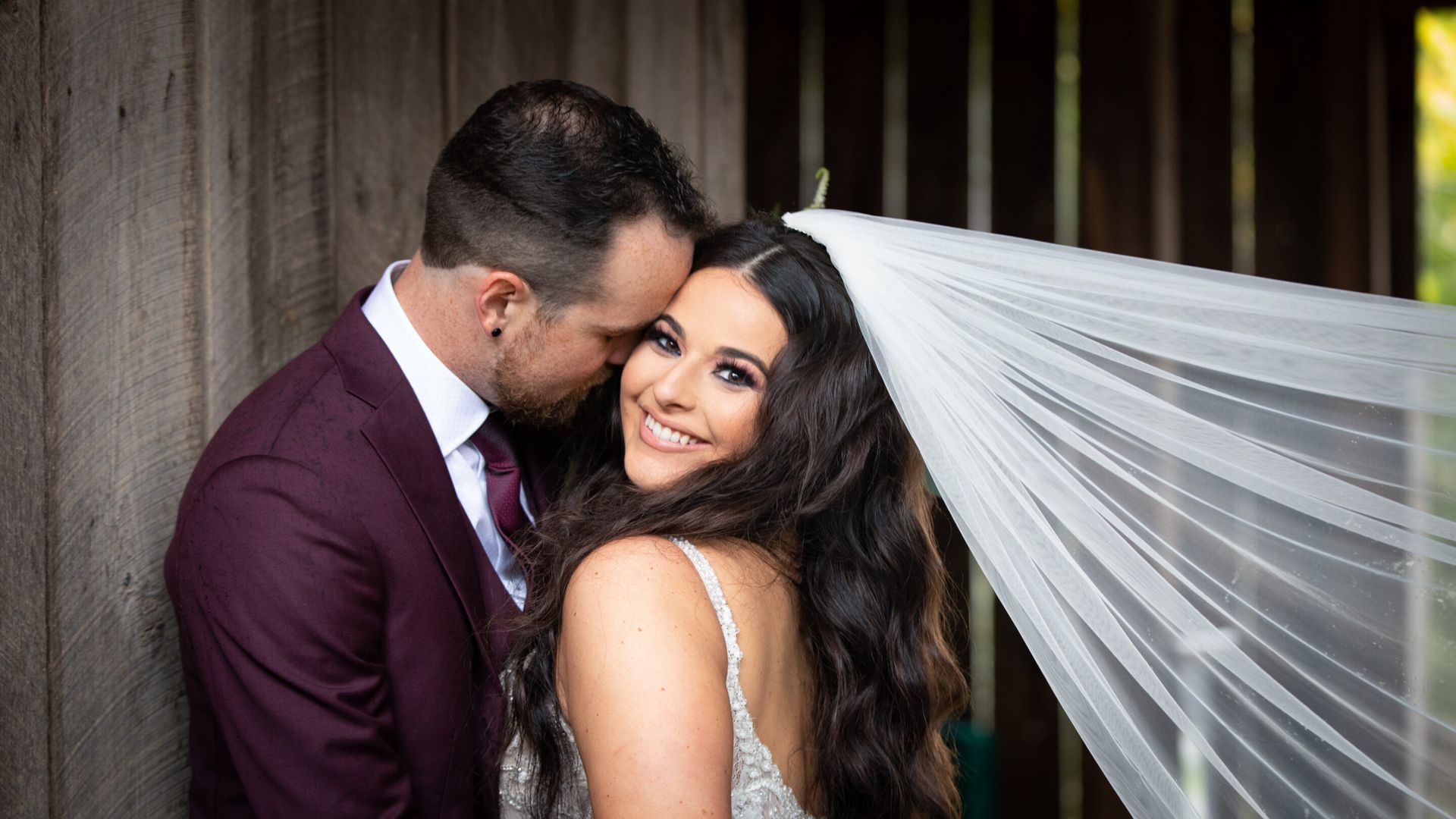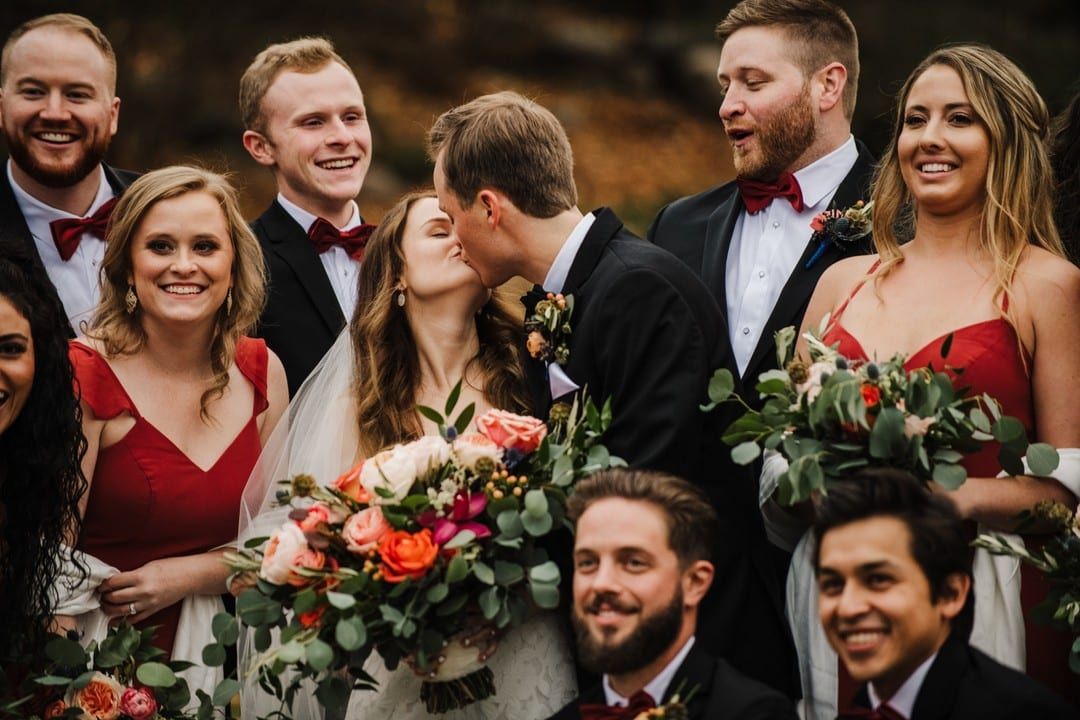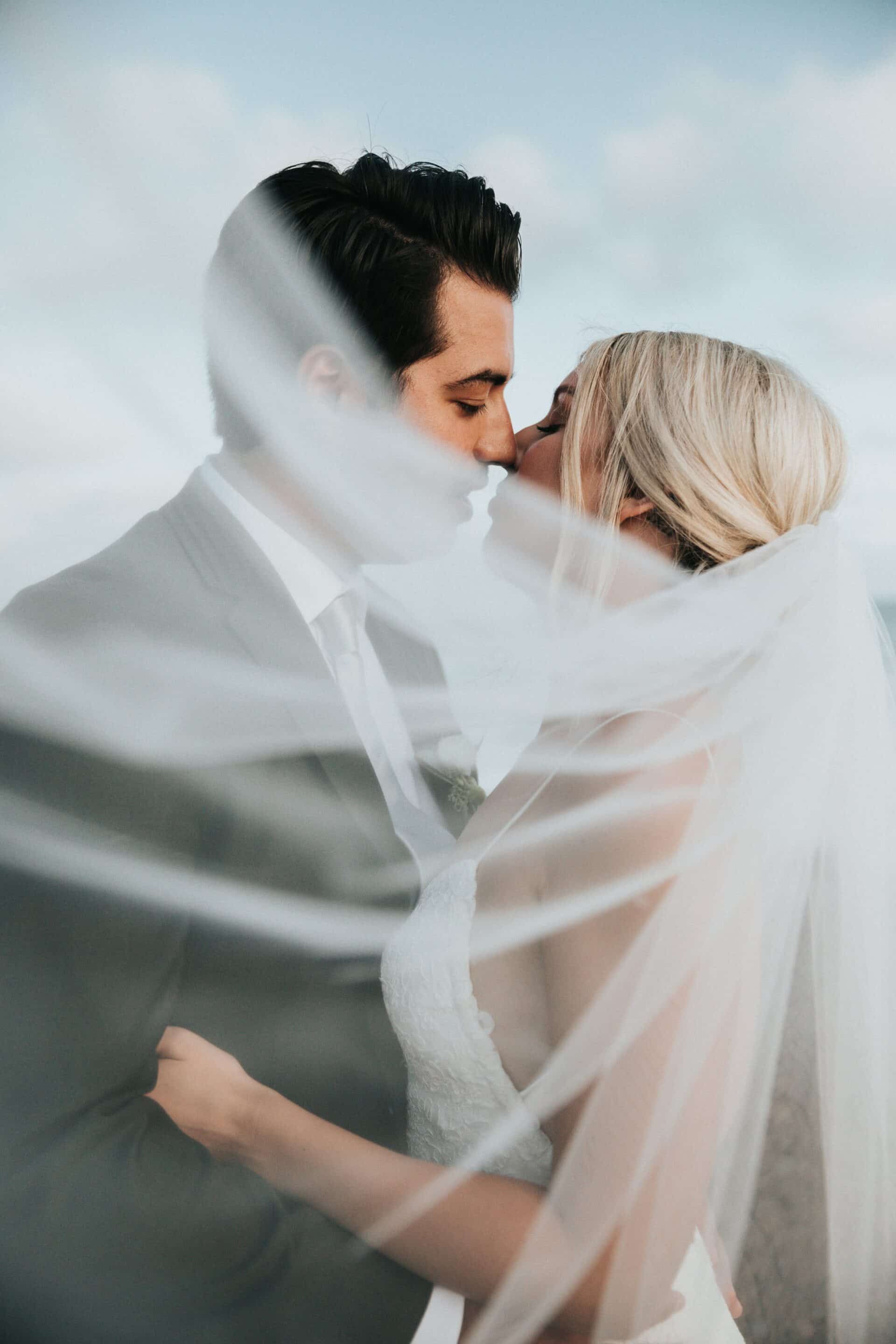
As a wedding photographer, creating a contract should be an essential part of your business routine. A contract not only protects you legally but also sets clear expectations for both you and your clients. In this ultimate guide, we will cover why you need a contract for wedding photography, what to include in it, and some tips to create one that works best for your business. So let’s get started!
Why You Need a Contract for Wedding Photography
A contract for wedding photography is an essential tool that protects both the photographer and client. It outlines important details such as fees, services provided, and expectations for the event. Without a clear agreement in place, misunderstandings can arise that may lead to legal disputes.
In addition to protecting yourself legally, having a contract also helps set expectations with clients. It ensures that they understand what you will deliver and when it will be delivered. The contract should also include terms related to copyright ownership of the photos taken during the wedding. This will ensure there are no disputes down the line about who owns them or how they can be used.
Overall, creating a well-crafted contract for wedding photography is crucial for establishing your business’s terms and conditions while providing peace of mind to both you and your clients.
Protect Yourself and Your Business
Include liability clauses in your contract to protect yourself and your business from any accidents or damages that may occur. This will ensure that both you as the photographer and your client understand each other’s responsibilities and expectations.
Specify ownership rights of the photographs in writing to avoid any future copyright issues. By doing so, you can ensure that you retain the right to use the images for marketing purposes while also respecting your client’s privacy.
Make sure your contract complies with local laws and regulations regarding wedding photography. Understanding all relevant legal requirements will help prevent any potential misunderstandings between you, as the photographer, and your clients.
Bullet List:
- Include liability clauses
- Specify ownership rights of photographs
- Ensure compliance with local laws
Set Expectations with Your Clients
As a professional wedding photographer, it is essential to set clear expectations with your clients. This starts with outlining the services you will provide on the wedding day, including the number of hours worked and photos delivered. Communicate any restrictions on photography upfront, such as venue rules or religious customs.
Transparency in service and product delivery can help protect a wedding photographer’s business while providing exceptional service to clients.
Another important aspect is defining a clear timeline for the delivery of final products like prints or albums. Be transparent about copyright ownership and usage rights in your contract for wedding photography to avoid any confusion later on. By establishing these terms and conditions in advance, you can protect yourself and your business while providing exceptional service to your clients.
Establish Your Terms and Conditions
Detailing payment terms, incorporating a cancellation policy, and allowing for promotional use of photographs are crucial elements to include in any contract agreement for wedding photography. Discussing these topics with clients can help ensure that both parties have a clear understanding of expectations and avoid misunderstandings.
Payment Terms:
- Payment amount due upfront
- When the final payment is expected
Cancellation Policies:
- Explanation of cancellation policies
- How refunds will be handled if necessary
Photograph Use Clause:
- Incorporate a clause allowing the photographer to use selected photographs for promotional purposes.
As experienced photographers, we understand the importance of establishing clear terms and conditions in our contracts. By including these key elements, we strive to protect ourselves while also setting expectations with our clients.
What to Include in Your Contract for Wedding Photography
When creating a contract for wedding photography, it’s important to clearly outline the services that will be provided. This should include the number of hours of coverage, any additional photographers or equipment needed, and specific shots requested by the client.
Payment and pricing details should also be included in the contract, such as deposit amount and due date, final payment deadline, and any fees for additional services or products. A clear cancellation and refund policy should also be outlined in case of unforeseen circumstances that prevent either party from fulfilling their obligations.
Services Provided
As a professional wedding photographer, I offer a wide range of services to make your special day memorable. Below is an overview of the services I provide:
- Description of services:
- My photography style is natural and candid, capturing all the beautiful moments that unfold throughout your wedding day. From getting ready to say “I do” and everything in between, my goal is to document every detail with artistic flair.
- Number of photographers present at the wedding:
- Depending on the size and complexity of your event, I may work alone or bring an additional photographer with me. This will be discussed during our initial consultation and included in our contract agreement.
- Hours of coverage:
- My standard package includes up to 8 hours of coverage but can be customized based on your unique needs.
In addition to these core services, I also offer add-ons such as engagement sessions, bridal portraits, and custom albums. Contact me for more information on how we can create a personalized package that meets all your photography needs.
Payment and Pricing
When creating a contract for wedding photography, it is crucial to specify the total cost and breakdown of fees. This ensures that both parties are aware of what they will be paying for and can budget accordingly. Additionally, including information regarding the deposit amount and due date helps to establish clear expectations from the beginning. Lastly, outlining a payment schedule can help avoid any misunderstandings or disputes down the line.
To ensure transparency in pricing, it’s important to provide a detailed explanation of all costs associated with your wedding photography services. This includes not only your fee but also expenses such as equipment rentals or travel fees if applicable. A deposit should also be required upfront to secure your services with an agreed-upon due date for payment in full. Establishing a reasonable payment schedule throughout the process will make sure there are no surprises on either side when it comes time for final payment.
Cancellation and Refund Policy
Conditions for canceling the contract by either party must be clearly outlined in the wedding photography agreement. The photographer has the right to cancel the contract if they are unable to perform their obligations due to an unavoidable circumstance such as illness or injury. In this instance, a full refund will be issued to the client. If a cancellation is initiated by the client, a percentage of their deposit may be forfeited depending on how far in advance notice was given.
In case of no-shows from the photographer’s side, clients are entitled to a full refund or rescheduling at no additional cost. It’s important for photographers to have contingency plans and backup equipment available in order to prevent missed events and last-minute cancellations which can result in unhappy clients and potential legal issues. Optional rescheduling policies can also be included within contracts; however, it should be noted that any changes made after signing may affect pricing and availability.
Copyright and Usage
Ownership rights to photos taken at the event are typically granted to the photographer, unless otherwise stated in the contract. This means that they have the right to use and distribute these images as they see fit. However, permission for usage can be negotiated prior to signing the contract. For example, clients may request restrictions on social media sharing or a portfolio display.
If models or sensitive content is involved in wedding photography, a release form should be included in the contract. These forms protect both parties and ensure that everyone is aware of how their image will be used. It is important for photographers to communicate clearly with their clients about copyright ownership and usage permissions before beginning any work together.
Delivery of Photos
We understand that receiving your wedding photos is an exciting and anticipated moment. That’s why we strive to deliver high-quality images within 6-8 weeks after the event. We will provide you with a digital format, but if you prefer prints, please let us know beforehand so that we can make necessary arrangements.
We offer various methods for delivery, including an online gallery where you can easily download and share your photos with friends and family. Alternatively, we can also provide them on a USB drive upon request. Our goal is to ensure that the delivery process is seamless and convenient for our clients.
Liability and Indemnification
Limitations on liability in case of equipment failure or loss/damage to photos:
While we strive to provide the best possible service, unforeseen circumstances can occur. Therefore, we cannot be held liable for any damages or losses that may result from equipment failure or damage to the photos during transport and storage.
Responsibility for obtaining necessary permits/permissions:
It is your responsibility as the client to obtain all necessary permits and permissions required for us to perform our services at your chosen location(s). Failure to do so will not only jeopardize the quality of our work but also expose both parties involved in legal risks.
Indemnification clause protecting both parties:
To protect ourselves against any potential lawsuits arising out of negligence or misconduct on either party’s part, an indemnification clause has been included in this contract. This means that both parties agree never to hold one another responsible for any claims made by third-party individuals regarding their involvement with this project.
- We cannot be held liable for damages resulting from unforeseen circumstances beyond our control.
- Clients are responsible for obtaining all required permits and permissions.
- An indemnification clause is included in this contract protecting both parties against potential legal disputes.
Tips for Creating a Contract for Wedding Photography
When creating a contract for wedding photography, it is important to be clear and concise. Include details such as the date, time, location of the event, services provided, fees charged and payment schedule. This will help avoid any misunderstandings or disputes between you and your clients.
Using simple language in your contract can also help ensure that all parties involved understand its terms. Avoid using legal jargon or complex sentences that may confuse clients. Instead, use language that is easy to comprehend but still covers all necessary points.
Make sure your clients fully understand the terms of the contract before signing it. Take the time to go over each section in detail with them if necessary. Also consider getting legal advice on what should be included in a wedding photography contract to protect both yourself and your client.
Finally, using a template can save you time while ensuring that all important details are covered in your contract for wedding photography. Customize templates according to specific needs such as location or service type but make sure they maintain professional standards required by law..
Be Clear and Concise
Defining the scope of your services is crucial when creating a contract for wedding photography. This includes specifying the start and end date of your services, as well as listing all deliverables agreed upon with the client. By clearly outlining what you will provide and when, there will be no confusion or misunderstandings between you and your clients.
To create a clear and concise contract, use simple language that is easy to understand for both parties involved. Avoid using industry jargon or complicated legal terms that may confuse your clients. It’s also important to ensure that they fully comprehend the terms outlined in the contract before signing it. As a professional photographer, seeking legal advice can help ensure that all aspects of your agreement are legally binding and enforceable. Consider utilizing a template to guide you through the process and include all necessary components in your contract for wedding photography.
Use Simple Language
Avoid using technical jargon that clients may not understand. Many clients are likely unfamiliar with the terminology used in photography contracts, so it’s important to keep your language simple and straightforward. Write in clear and concise sentences to avoid confusion. Use bullet points or numbered lists to organize information, which can make it easier for your client to read and understand the terms of the contract.
Remember that a wedding is an emotional event for your clients, so you don’t want them feeling overwhelmed by a complicated legal document. Using plain language helps ensure they know what they’re agreeing to when signing on with you as their photographer. Stick with clear terms like “photography services,” “fees,” or “delivery date” instead of industry jargon like “JPEG files” or “raw images.”
Make Sure Your Clients Understand
Provide your clients with clear explanations for any terms or conditions that may be unclear to them. This will help avoid misunderstandings and conflicts down the line. Additionally, clarifying any potential areas of dispute before finalizing the contract can prevent headaches in the future. Ensure both parties sign off on each section of the contract, demonstrating mutual agreement and understanding.
Remember, a well-crafted contract is an essential tool when working as a wedding photographer. By taking steps to ensure your clients understand all aspects of the agreement, you’ll establish trust and set expectations from day one. In turn, this could lead to repeat business and positive word-of-mouth recommendations within their network.
Get Legal Advice
When creating a contract for wedding photography, it’s essential to get legal advice. Hire a lawyer who specializes in photography contracts and discuss copyright ownership, usage rights, cancellation policies with them. They can also help you investigate local laws regarding client expectations, taxes, liabilities and insurance policies. By doing so, you can ensure that your contract is comprehensive and covers all the necessary legal aspects.
It’s important to note that wedding photography contracts are legally binding documents that protect both parties involved. A professional photographer must be thorough when drafting their contract to avoid any misunderstandings or disagreements with clients down the line. Therefore, seeking legal advice should be a top priority in creating an effective and enforceable contract for wedding photography services.

Use a Template
When drafting a contract for wedding photography, using a template can be an efficient way to streamline the process. Customizable templates are often better than ready-to-go options because they allow you to tailor the specific terms and conditions of your business. Additionally, Contracts Wizard apps offer additional support in drafting contracts by guiding users through each step of the process, making sure nothing is overlooked or forgotten. Lastly, Online Signature Services can make signing contracts more convenient and efficient by eliminating the need for clients to print and return physical copies.
Overall, utilizing these tools not only saves time but also ensures that your contract covers all necessary details. As a professional photographer providing services for weddings specifically designed templates tailored towards wedding photography will further help showcase your expertise. With Iris Works, you can create as many templates as you need. Want to learn more about Iris Works contracts? Check out this blog.
Conclusion
In conclusion, creating a contract for wedding photography is crucial to ensure the photographer and the couple are on the same page. It should include details such as date, time, location, fees, image rights and any additional services requested by the client. Always make sure to have a clear understanding of what both parties agree upon before finalizing and signing the contract.
Remember that your contract should protect not only you but also your clients. It sets expectations for both parties involved in advance. Make sure to be thorough with all necessary information and never hesitate to seek legal advice if needed. With a well-written and comprehensive contract in place, you can confidently focus on capturing those unforgettable moments of their big day!







